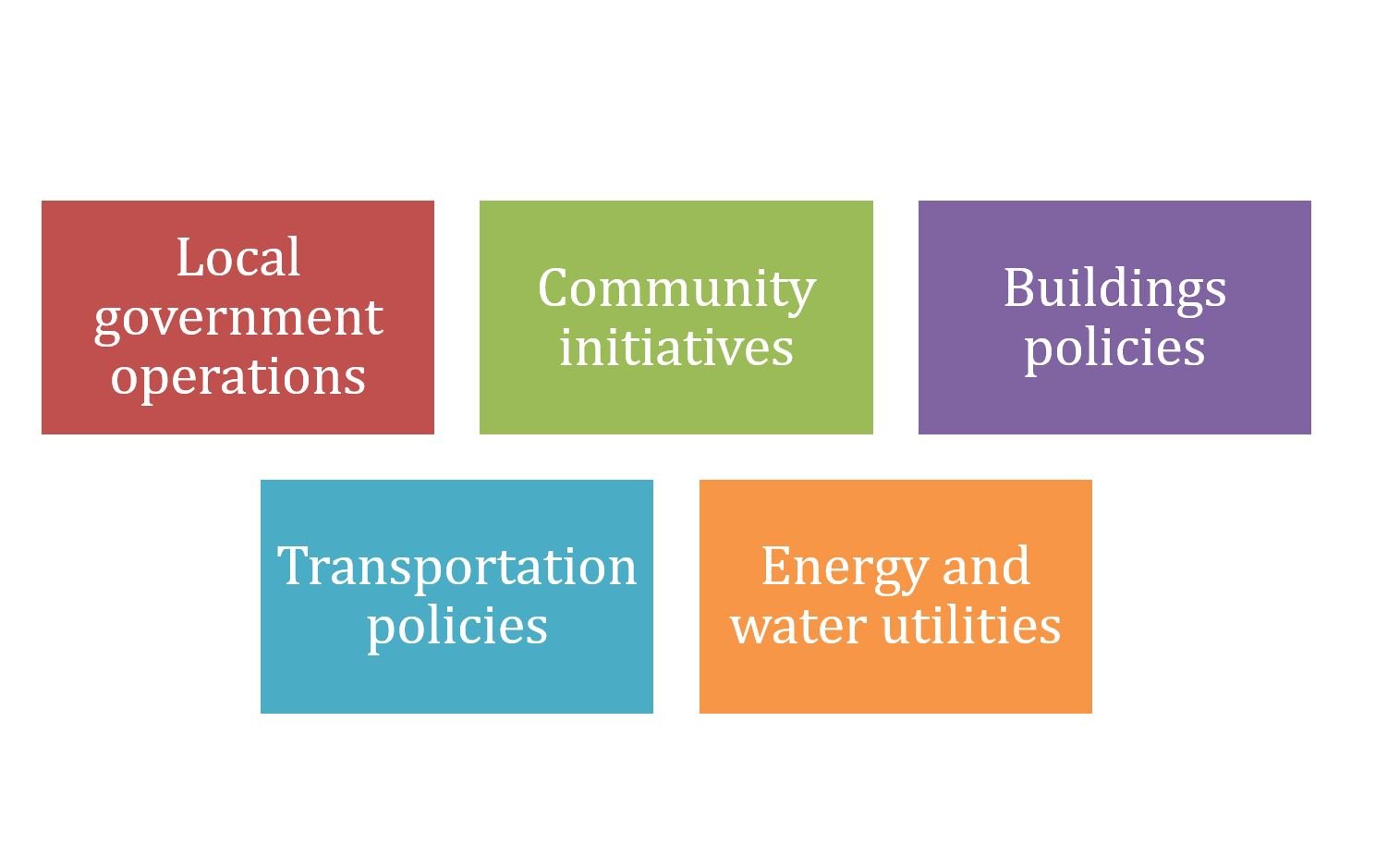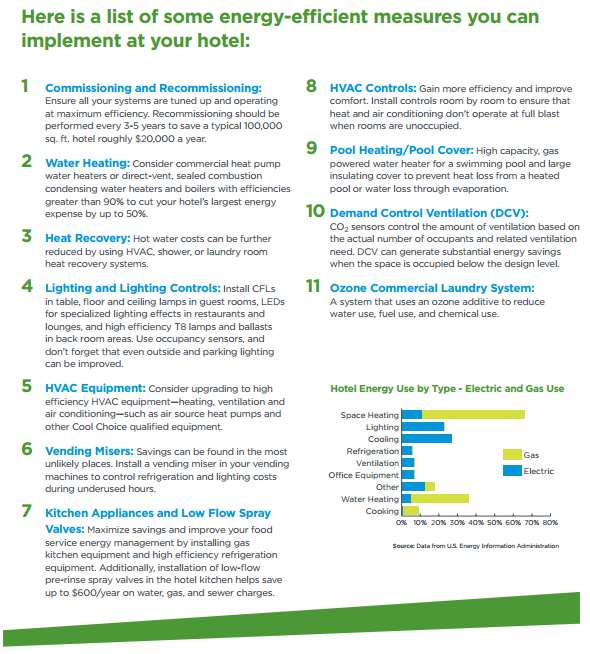Last year, we published an article titled “How smart cities are leading the way to smart tourism,” which seemed to strike a strong chord with you. The article was downloaded or viewed many times and continues to generate interest. This was not surprising since, as we stated then, we seem to be getting besieged with “smartness.” Everything now seems to be labelled “smart” – from smart cars to smartphones to smart TVs to smart destinations and hotels. A year ago, we focused on cities and hotels, which still makes sense, but we recently realized that we should be looking at this more broadly beyond cities to other types of destinations—small towns, parks and perhaps even individual tourist attractions and smaller accommodations around the world.
We also introduced the range of technologies that are helping to create and maintain smarter, more livable neighborhoods and communities. But all of this was just scratching the surface of possibilities, so we are now delving more deeply into the issue, beginning with greener energy use in the most energy-efficient city in the U.S. and then looking at other destinations in the U.S. and abroad. That city is not one that we expected—one that reaps the benefits of year-round sunshine for a solar energy. Instead, it is Boston, which has an average of only 200 sunny days a year and is beset with energy-sapping below-freezing temperatures half the year.
In 2015, the American Council for an Energy-Efficient Economy published its biennial “City Energy Efficiency Scorecard” Report, which ranked 51 US cities for energy efficiency. The Council compares cities across five areas of policies and practices to determine their energy rankings:
Boston earned the top ranking with a score of 82/100 and here’s why:
While scoring well across all policy areas due to its extensive efficiency policies, Boston was particularly strong in the “buildings policy” and “energy and water utilities” categories.

The city invested substantially in electricity and natural gas efficiency programs, including ensuring great access to energy data and launching the “Renew Boston Initiative” energy-efficiency program. The program offers homes and small business owners no-cost energy assessments, as well as incentives for upgrades. Boston’s policies and programs are on track for reducing electricity demand by 200 megawatts this year, thus reducing carbon emissions by at least 100 tons.
According to the U.S. Energy Information Administration, one megawatt of electricity generated from bituminous coal, some of the cleanest coal available, emits about one ton of carbon dioxide into the atmosphere. Natural gas emits 40 percent less carbon, thus about 1,200 pounds per megawatt. In 2015, Massachusetts generated 64 percent of its electricity from gas, 7 percent from coal, nearly 10 percent from renewables.
To improve energy efficiency in its buildings, including hotels, Boston expanded incentives and financing opportunities to help owners and property managers comply with rigorous building and energy codes, and energy efficiency requirements. Benchmarking data is also provided to help buildings achieve Energy Star certification. Boston has127 Energy Star-certified buildings, nine of which are hotels.
The Boston incentives program is statewide and covers a broad range of options for homeowners, renters and businesses. All of the incentives are listed online at www.masssave.com. They are too numerous to list here, but here is a sampling of the types of incentives that they offer:
- New construction/major renovation – Lighting improvements that pay per $1.25 per watt saved.
- Large retrofit – Hotel room sensors, $75 each.
- Small businesses – Up to 70 percent of the costs paid for retrofits such as more energy efficient lighting, refrigeration and motors plus zero percent financing.
They have helpfully included specifics for several industries. Here is a summary of their hospitality industry incentives, nearly all of which are for the adoption of smart energy-efficient technology:

The Lenox Hotel and Comfort Inn & Suites are two such hotels. The Energy Star program featured the hotels on its website and profiled their owner, the Saunders Hotel Group. SHG is recognized internationally as a pioneer in ecofriendly hotel operations. They employ an environmental coordinator and a Green Team who manage the company’s sustainability efforts.
The Saunders Hotel Group's energy efficiency and carbon reduction actions include:
- Offset 100 percent of energy used on site through renewable choice energy carbon offsets and renewable energy credits
- Efficient dishwashers provide savings of 180,000 gallons of water per year
- Controls on all walk-in fridges
- Waste oil recycled into biofuels
- LEDs in hallways, rooms and signage
- Hundreds of low energy windows
- Efficient boilers and heat pumps
- Energy Star office equipment and televisions
- Motion sensors for lighting in intermittent or low-traffic areas
- State of the art infrared motion sensors for HVACs in all guestrooms
- Thousands of compact and fluorescent bulbs that save 58,000 kilowatts per year
- Motion sensors on vending machines that save 21,000 kilowatts per year
These hotels are reported to use almost 40-percent less energy than similarly sized hotels. The annual reduction in greenhouse gas emission at the Comfort Inn and the Lenox Hotel equals the emissions of several hundred U.S. households, which has translated into tens of thousands of dollars saved on energy bills.
Other hotels that achieved Energy Star certification and helped Boston become one of the smartest, most energy efficient cities were: Doubletree Hotel Downtown, Doubletree Suites Cambridge, Holiday Inn Select, Hyatt Harborside and Hyatt Regency, Jurys Boston, Sheraton Boston and Westin Copley Place.
